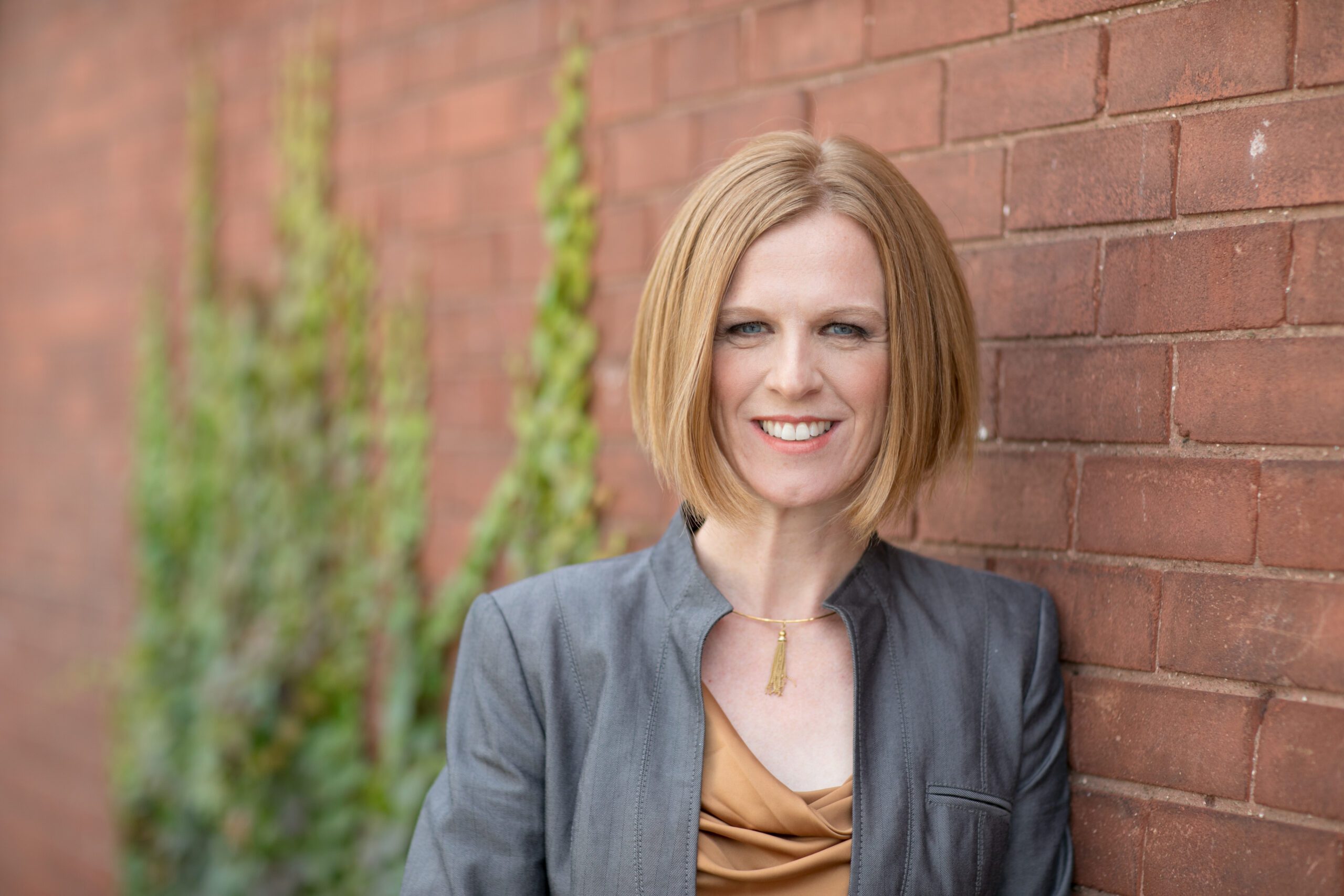Reading through old Observers is always eye-opening. Some stories show how much has changed; others, quite the opposite. Our March 1986 cover story about barriers to women in ministry seems to defy either category.
The article, by Gillian Sniatynski, describes the discrimination female ministers faced, whether it was being told not to serve communion while menstruating or being admonished for wearing red in the pulpit (too erotic, apparently).
You may unsubscribe from any of our newsletters at any time.
These attitudes rang through my mind as I edited Rev. Trisha Elliott’s cover story this month, “Pregnant in the pulpit.” While much of the current conflict between pregnant United Church ministers and their congregations appears to stem from the cost and duration of a maternity and parental leave, I wonder if that discomfort with women’s bodies still clouds our dealings with pregnant ministers.
Historically, it most certainly did. A 1927 United Church report stated that women could not be ministers because they are “biologically predetermined to fulfill their lifelong vocation: motherhood.” In 1947, Margaret Butler became the first mother to be ordained in the denomination after initially being denied the year before. But 10 years later, when London Conference ordained Elinor Leard, a missionary to India and mother of three, the moderator sent a telegraph to the Conference in protest.
In the decades that followed, the church became more accepting of ordained mothers, but prejudices remained. As Sniatynski wrote in 1986, “The fact is that a pregnant woman in the pulpit makes some people very uncomfortable. Women can be ministers, women can speak from the pulpit, as long as they don’t bring their bodies with them.”
The quote initially struck me as outdated. I was all set to drop it into the “How things have changed!” box when Elliott sent me an interview she gave to CBC’s Tapestry in 2016. Speaking to host Mary Hynes, Elliott said, “Many women [ministers] have had that experience of [congregational] attitudes changing when they become visibly pregnant. . . . Suddenly there’s evidence that their minister is sexually active. . . . Women are, in a sense, double-whammied: they’re associated with sexuality, and then sexuality is deemed sinful.”
Do these theologies continue to shape our reactions to pregnant ministers? You won’t find hard evidence in this month’s story. But knowing the history makes it hard not to surmise that this is one more hurdle in a long road toward full equality.
As Mother’s Day rolls around this month, here are some facts to ponder as you honour the mothers in your life. Today, women make up 55 percent of ministers in the United Church. Both our moderator and our general secretary are moms. I’m not a minister, but I am a mom. It’s a wonder that we continue to see male ministers as normative and attach shame to female ministers’ biology and sexuality.
To paraphrase the old Virginia Slims slogan, we’ve come a long way. But we still have a long way to go.
This story first appeared in The Observer‘s May 2018 edition with the title “Body politic.”














